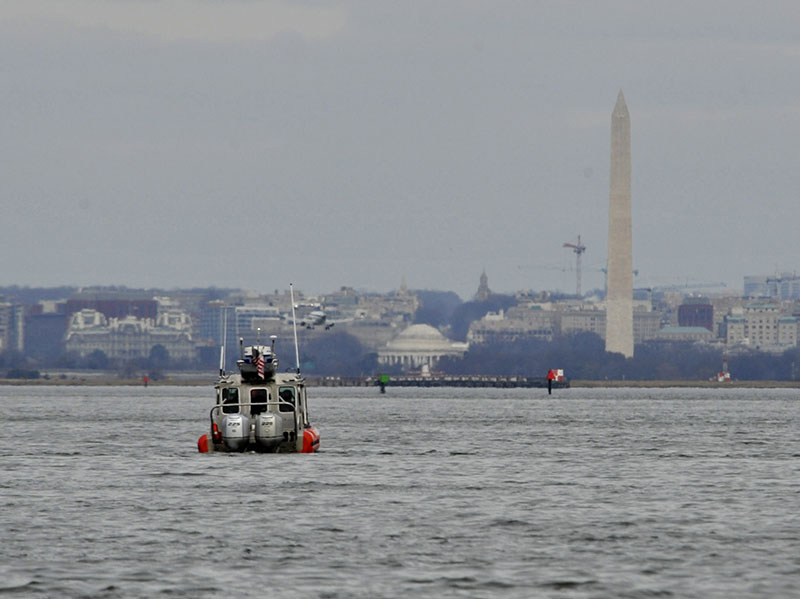The U.S. Department of Justice's Office of the Inspector General has released an audit of the Federal Bureau of Investigation's management of maritime terrorism threats.
In the redacted report's executive summary, the DOJ's OIG said that "although FBI officials told us they consider the terrorism threat to the maritime domain to be low, we believe this assessment is based on incomplete and potentially inadequate information. Our review determined that the FBI does not conduct Its own, formal maritime threat assessment and the informal assessments made by the FBI have not included all information available to the FBI."
For example, the DOJ found that many maritime-related incidents with a potential nexus to terrorism were not coded as such in the FBI's threat database, and relevant search terms were omitted from database queries. The DOJ also found significant deficiencies related to the FBI's role in providing information to the Transportation Security Administration (TSA) in support of the TSA's Transportation Worker Identification Credential {TWIC) program.
The DOJ also found that the FBI's Maritime Security Program unit does not receive information related to TWIC Terrorist Watchlist encounters, which prevents it from identifying security threats and trends.
The DOJ concluded that the weaknesses identified throughout the audit may create an environment in which the FBI could underestimate the risks, threats, and vulnerabilities to the maritime domain, and miss opportunities to gather intelligence and take actions that could help to keep the nation's ports and maritime assets safe.
The report contains nine recommendations to strengthen the FBI's maritime counterterrorism activities. Among them:
- Conduct a full and independent evaluation, to be updated periodically, of the terrorism threat to the maritime domain with resulting intelligence product(s) disseminated to key stakeholders.
- Strengthen its policies and procedures for working with the TSA to enhance the vetting and scrutiny of "No Fly TWIC" applicants and cardholders.
- Ensure timely responses to the TSA regarding its Terrorist Watchlist-nominated individuals to minimize the risk that these individuals pose to maritime security.




